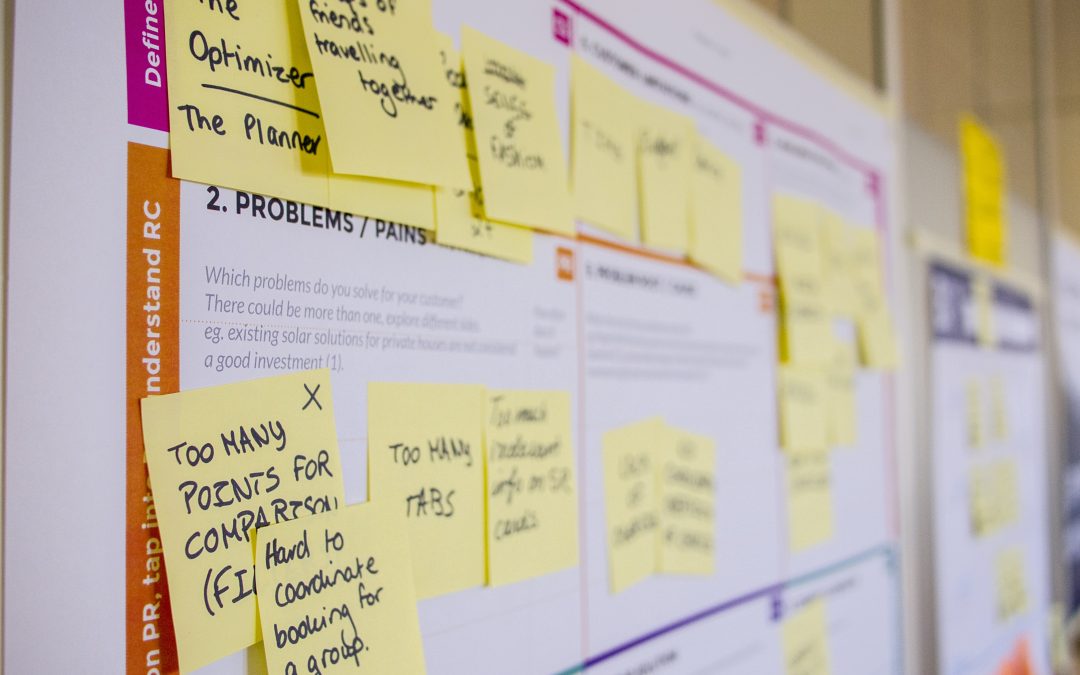You might have noticed how consultants and business leaders love to ask ‘so what’ when debating an idea or issue. It’s a question that challenges the relevance and value of what’s on the table.
It sparks a lively conversation that makes participants feel confident to power ahead.
The problem is that few people take the next crucial step and ask, ‘what then’.
We don’t consider what will happen if we succeed.
Think about it for a moment.
Imagine a firm has set a metric to grow its market share substantially in record time. Or an industry organisation is aiming to acquire major corporate businesses as new members. Or a manager is vying for a promotion into a senior executive role.
In each of these scenarios, success brings challenges and consequences.
The expanding company will find it has much more complexity to handle.
The industry body will find that corporate business members require different relationship management and services.
And for the newly promoted manager, what helped them to be a star in a technical role doesn’t help so much in a leadership role.
It doesn’t stop there.
In my experience being responsible for setting up and for advising leaders on how to set up new industry organisations, I’ve learnt some hard lessons.
You can easily get so focussed on navigating the plethora of hurdles involved in implementing structural changes, that you’re surprised when you crash through to find yourself confronted by more problems and criticism.
Just when you’re ready for the victory lap, reality bites.
You discover that businesses have expectations you’re not able to meet yet, that staff need to learn how to work together in new ways, and that your systems and processes are not fit for purpose and so on.
Even the most qualified new manager, the best research findings, a brilliant strategy, and compelling change initiatives often fall short of producing the results you hoped for.
The value gap can be bridged by anticipating and planning for implementation.
Here is the insight: invest early effort into considering ‘what then’ should you achieve an ambitious new metric, succeed with an innovation, or win that coveted career role.
The preparation will put you ahead of the game and positioned to capitalise on success.
I find that leaders readily agree with this idea, but in practice only the best operators do it.
Until next week.

